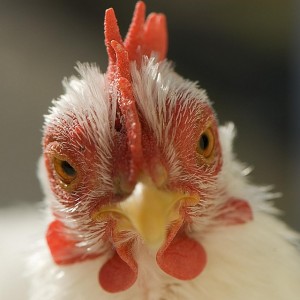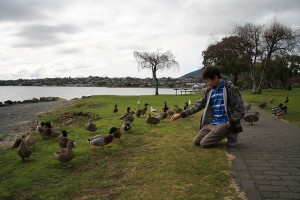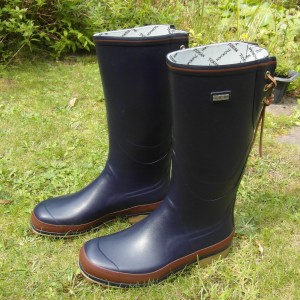Protect Your Backyard Chickens From Avian Influenza
go.ncsu.edu/readext?1023701
en Español / em Português
El inglés es el idioma de control de esta página. En la medida en que haya algún conflicto entre la traducción al inglés y la traducción, el inglés prevalece.
Al hacer clic en el enlace de traducción se activa un servicio de traducción gratuito para convertir la página al español. Al igual que con cualquier traducción por Internet, la conversión no es sensible al contexto y puede que no traduzca el texto en su significado original. NC State Extension no garantiza la exactitud del texto traducido. Por favor, tenga en cuenta que algunas aplicaciones y/o servicios pueden no funcionar como se espera cuando se traducen.
Português
Inglês é o idioma de controle desta página. Na medida que haja algum conflito entre o texto original em Inglês e a tradução, o Inglês prevalece.
Ao clicar no link de tradução, um serviço gratuito de tradução será ativado para converter a página para o Português. Como em qualquer tradução pela internet, a conversão não é sensivel ao contexto e pode não ocorrer a tradução para o significado orginal. O serviço de Extensão da Carolina do Norte (NC State Extension) não garante a exatidão do texto traduzido. Por favor, observe que algumas funções ou serviços podem não funcionar como esperado após a tradução.
English
English is the controlling language of this page. To the extent there is any conflict between the English text and the translation, English controls.
Clicking on the translation link activates a free translation service to convert the page to Spanish. As with any Internet translation, the conversion is not context-sensitive and may not translate the text to its original meaning. NC State Extension does not guarantee the accuracy of the translated text. Please note that some applications and/or services may not function as expected when translated.
Collapse ▲
Pekin Bantam by Angus CC-BY-NC-ND
Avian Influenza is a virus transmitted by migrating birds; here is some background information and tips for protecting your flock during the fall migration (September and October).
Protect your Flock by isolating your birds from other birds and other bird owners/caretakers.
- Keep people, chickens, and other pets away from:
- Other flocks, birds can have the virus and pass it on for up to 2 weeks before they show any symptoms.
- Wild birds and surface water (ponds, lakes, wetlands) that wild birds frequent.
- Have a designated pair of boots that you wear to work with your birds; do not wear them anywhere else that they could pick up the virus (feed store, the pond, etc.)
- The virus can live for two days on a person and longer in the mud on boots and tires. Duck hunters and those who fish & boat avoid accidentally transporting.
- Exclude rodents that could spread the virus.
- Remove branches over the coop that could be roosting spots for wild birds.
- Do not share feeding, watering, or other equipment with other bird owners.
- Wash hands thoroughly before and after working with birds. Clean and disinfect equipment that comes in contact with birds and their droppings.
For up-to-date information on the current HPAI outbreak and further tips for what to do if you suspect HPAI in your flock visit the North Carolina Department of Agriculture Consumer Service Highly Pathogenic Avian Influenza Website





